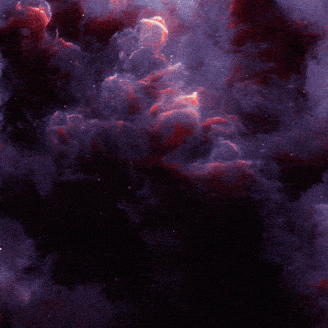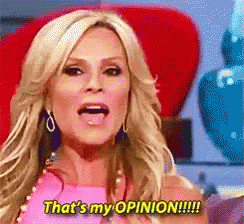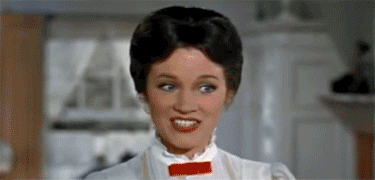A quote that stood out to me from "Situating Race" is that
"critical race theorists emphasize the ways in which racism is normalized in US culture, such that the principles of liberalism are not adequate to address its distortions. In particular, critical race theorists question the view that color-blind or 'formal' conceptions of equality can actually remedy the effects of a pervasive and deeply rooted social racism" (Rivkin and Ryan, 5).
The majority of the information presented and studied from the articles on race theory have pursued perspectives of race from the US. However, what do you think race theory means to those in other countries, or what thier perspective on race would be? Does it differ from our social concept of race, or are their mostly similarities? How do you know?
Countries
http://digital.vpr.net/post/why-world-split-countries#stream/0
In addition, a quote that also caught my attention is from "The Social Construction of Race," where Lopez states that "greater genetic variation exists within the populations typically labeled Black and White than between these populations" (10). Does this mean that different groups further box themselves into separate categories within the overarching group they identify with? Are there any examples you know of where this concept exists?














